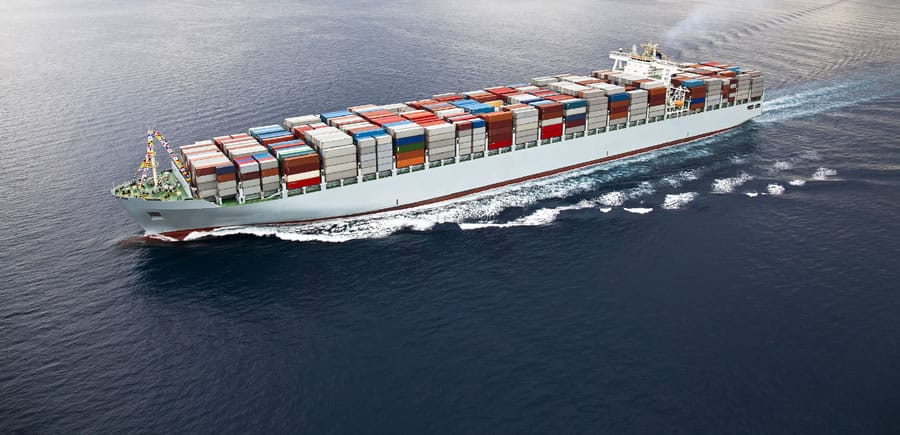
THE INTERNATIONAL FINANCIAL SYSTEM Essay
George Soros is one of the most renowned financiers in the world, whose actions are highly controversial because, on the one hand, he may be considered a genius financier, who has profound knowledge of financial and, especially, international currency markets, whereas, on the other hand, his successes may be considered as mere luck. In fact, the major reason of Soros’ success is probably the combination of his professional skills and abilities as a financier and his luck in making successful investments and using changes in currency rates, including the famous Black Wednesday UK currency crisis, which brought Soros about $1 billion.
In fact, Soros is apparently a highly qualified financier. Otherwise, he could not manage huge financial resources effectively. At the same time, as any other financier, he has suffered numerous losses and failures in the past, while in 1987 he was about to run bankrupt. Nevertheless, he managed to recover from considerable financial losses and restored his capital investments. His ability to recover after considerable losses made his so successful and renowned in the world of finance.
In this regard, it is possible to refer to Soros’ earnings on international exchange rates, which needed not only intuition and luck but also a profound knowledge of how exchange rates are determined. In fact, Soros should and probably did take into consideration six factors to define changes in currency rates. First, the inflation and differentials in inflation define currency rates. Countries with low inflation will have higher currency rate compared to countries with high inflation rate. Second, differentials in interest rates are also important because central banks can change interest rate that may influence inflation and macroeconomic development that naturally influences the currency exchange rates. Third, the current-account deficit affects the currency rate because countries, who have negative current-account need more currency to cover the deficit. To put it in simple words, if the country exports is lower than import, the country faces the deficit which they country has to cover borrowing money from other countries or sources that weakens the national currency. Fourth, the public debt affects the currency rate because the government has to pay off the public debt and, if the public debt is high, the currency rate weakens and, on the contrary, the low public debt increases the currency rate. Fifth, terms of trade depend on the difference on export and import prices that may affect the currency rate. Finally, political stability and economic performance affect the currency rate too because unstable political and economic situation leads to the fall of the currency rate, while political and economic stability contributes to the stable currency rate. As a result, investors like Soros should consider these factors to invest wisely and to maximize their profits using the difference in international currency exchange rates.
Taking into consideration factors that affect currency exchange rates, it is obvious that investors always face a risk of losing money because political instability or economic downturn can provoke a drop of currency rates. Therefore, international currency exchange markets may be highly unstable, especially in the time of economic recession and political instability. Consequently, investors and financiers like Soros are always at risk of substantial financial losses, although they can earn as much as Soros did in his best operations.

